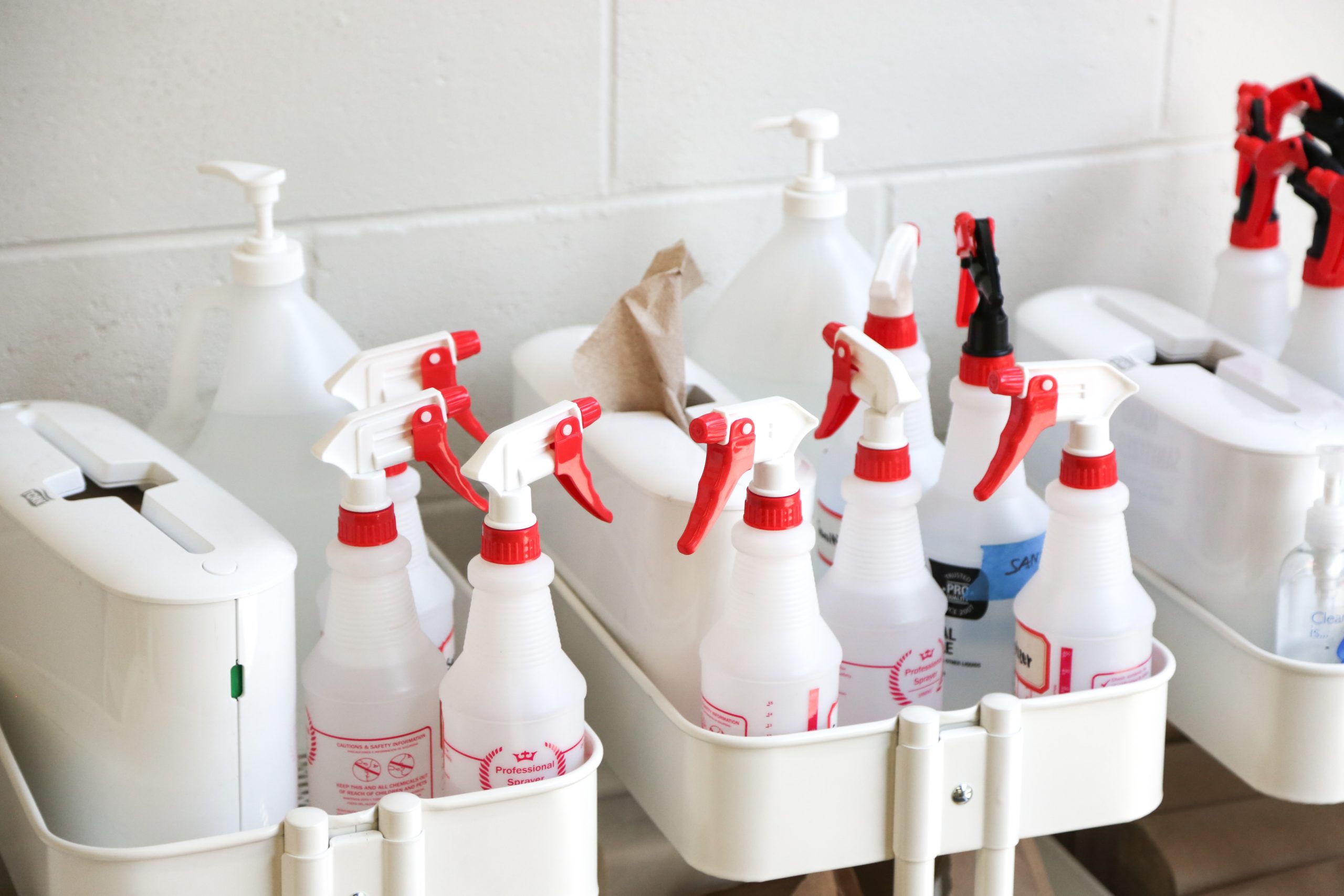Prenatal DNA Testing is something many people are interested in because it may help prevent an inherited disease. In this blog article, the author lists the reasons why prenatal DNA testing is important before pregnancy.
What are the risks of not getting tested?
There are a number of risks associated with not getting tested for genetic disorders, including:
-Having a child with a condition that could be treated if detected early
-Losing the ability to have children in the future due to faulty genes
-Potentially passing down serious health conditions to their children
Prenatal testing is one of the best ways to avoid these potential complications. Testing can identify conditions such as Down syndrome, cystic fibrosis, and sickle cell anemia, which can be debilitating or life-threatening if not diagnosed and treated early. Additionally, prenatal testing can help families choose healthy embryos for implantation into the woman’s uterus. If problems are found during pregnancy, timely diagnosis and treatment can save the mother and child from serious medical issues or even death.
What is the information you can get by getting tested?
Prenatal DNA testing is a way to learn more about your genetic history, and it can be very important for families who are looking to prevent certain diseases. Prenatal DNA testing can identify genetic mutations that may increase the risk of developing a particular disease later in life.
Prenatal DNA testing is also helpful for families who are trying to find a child’s biological parents. If you’re interested in having prenatal DNA testing done, make sure you talk with your doctor first. There are a few things you’ll need to know before getting tested, including your doctor’s billing information and insurance coverage.
Once you have all of the information you need, you can go ahead and get tested. There are a few places that offer prenatal DNA testing, and each has different prices and services. You’ll want to research each location before making a decision.
Who should take a pregnancy test?
Pregnancy tests are a common way to determine if you are pregnant. However, there is not always a clear answer as to who should take the test. In some cases, your partner may take the test. But, in other cases, it may be best to have someone else take the test on your behalf.
There are a few reasons why prenatal DNA testing is important. First, it can help identify any birth defects that may be present in the baby. Second, it can help determine the paternity of the baby. Finally, it can provide information about any genetic illnesses that may be present in the baby’s family.
If you are planning to get pregnant and want to know for sure whether you are pregnant or not, then you should definitely consider taking a pregnancy test. However, make sure that you choose someone to take the test on your behalf who knows what they are doing and who will report back to you honestly about the results.
When should you take a pregnancy test?
There is no definitive answer to this question, as every woman’s body will react differently to pregnancy tests. However, some factors that may influence when to take a pregnancy test include whether you have had sexual intercourse in the previous four days and whether your last period was more than four weeks ago.
How do you take a pregnancy test?
If you’re pregnant, there’s a good chance that your partner is as well. And if you’re not sure, or if there’s any doubt, prenatal DNA testing can help to settle the question.
Prenatal DNA testing is a simple way to confirm or deny a pregnancy. It uses the genetic material from the fetus to determine whether or not you are, in fact, pregnant.
There are a few different types of tests available, and each has its own advantages and disadvantages. The most common type of test is the based on amniocentesis, which requires surgery. However, this test is more expensive and has a higher chance of causing complications.
The second type of test is called chorionic villus sampling (CVS). This test doesn’t require surgery, but it’s less accurate than amniocentesis. Additionally, CVS may not be available in some cases where amniocentesis is possible.
The third type of test is called maternal plasma screening (MPS). This test is noninvasive and can be done at home. However, MPS isn’t as accurate as either amniocentesis or CVS and it’s less likely to find disorders that may be harmful to the baby.
Overall, prenatal DNA testing is an important tool for couples who are trying to conceive or who are unsure about their pregnancy status.



